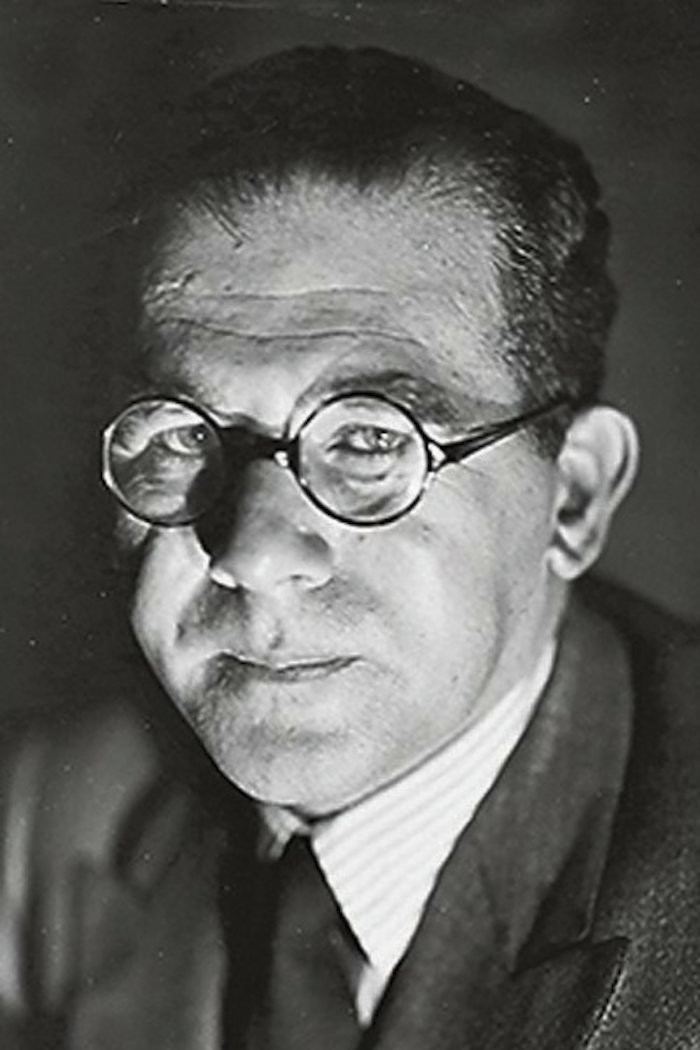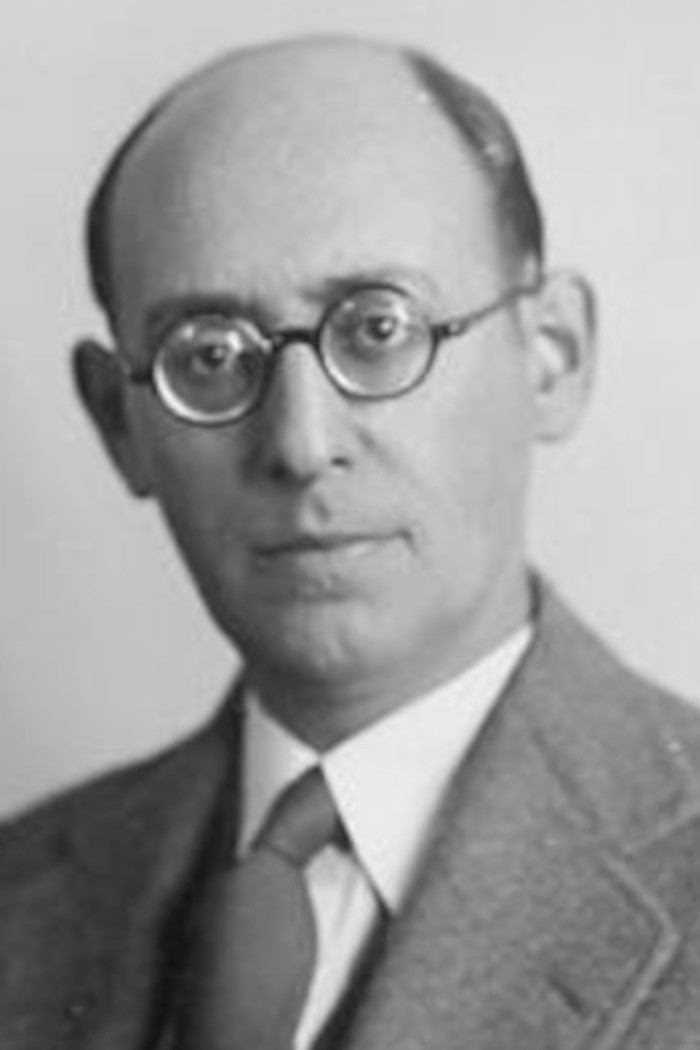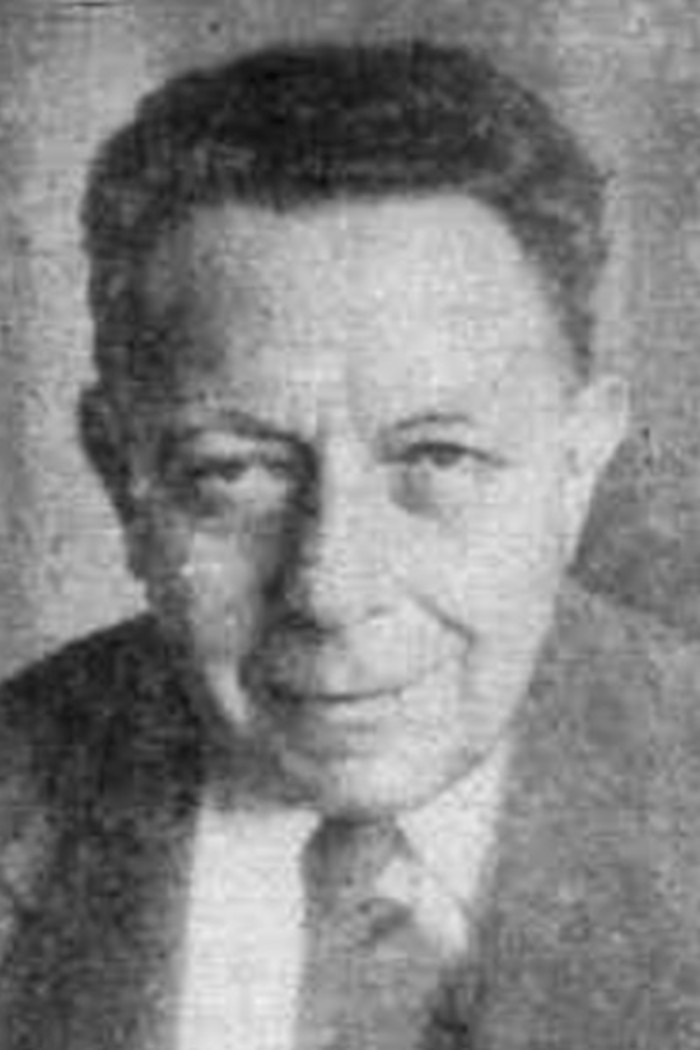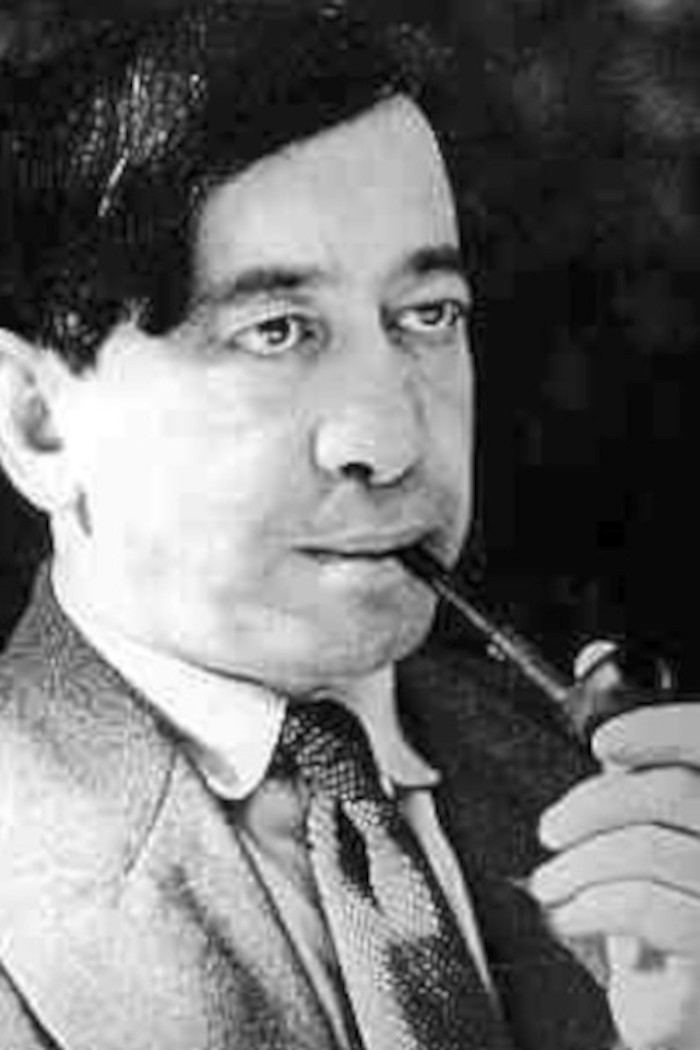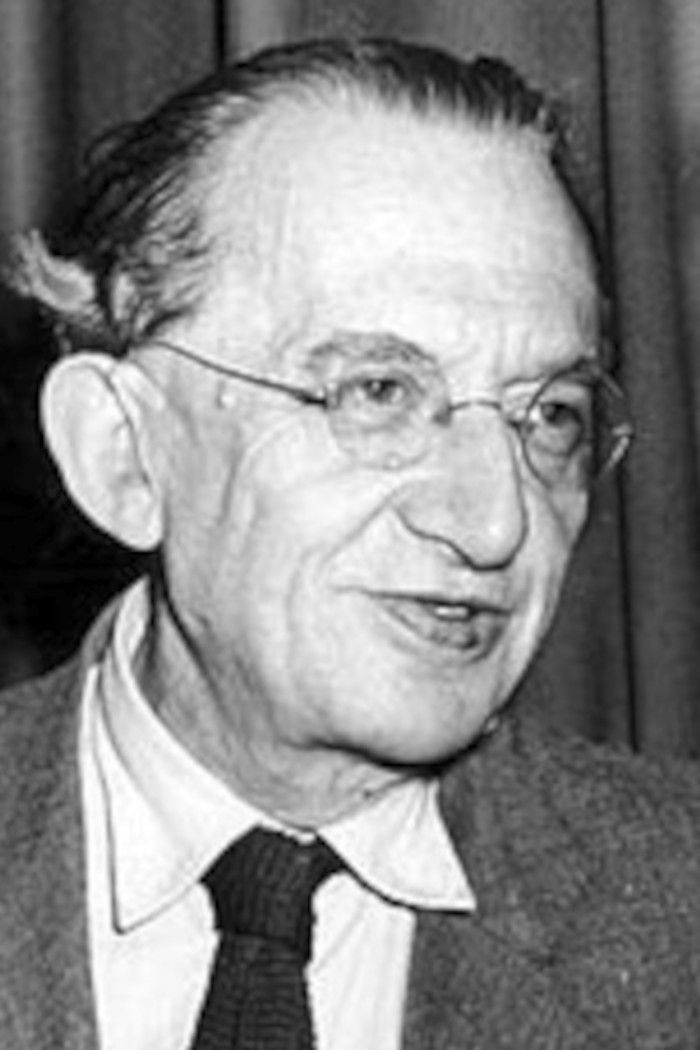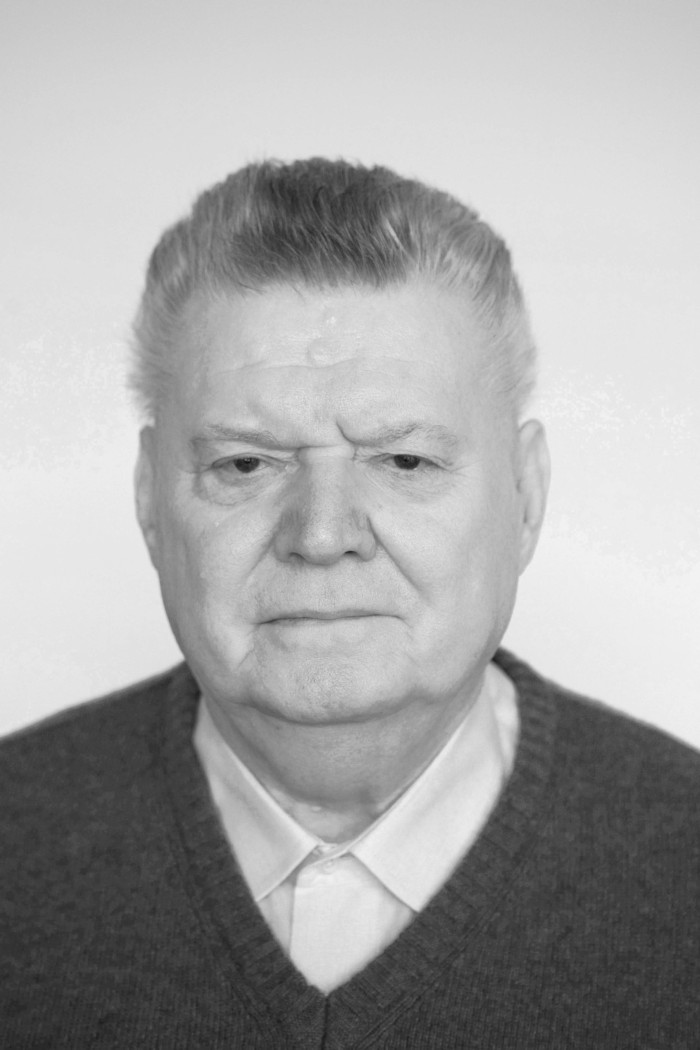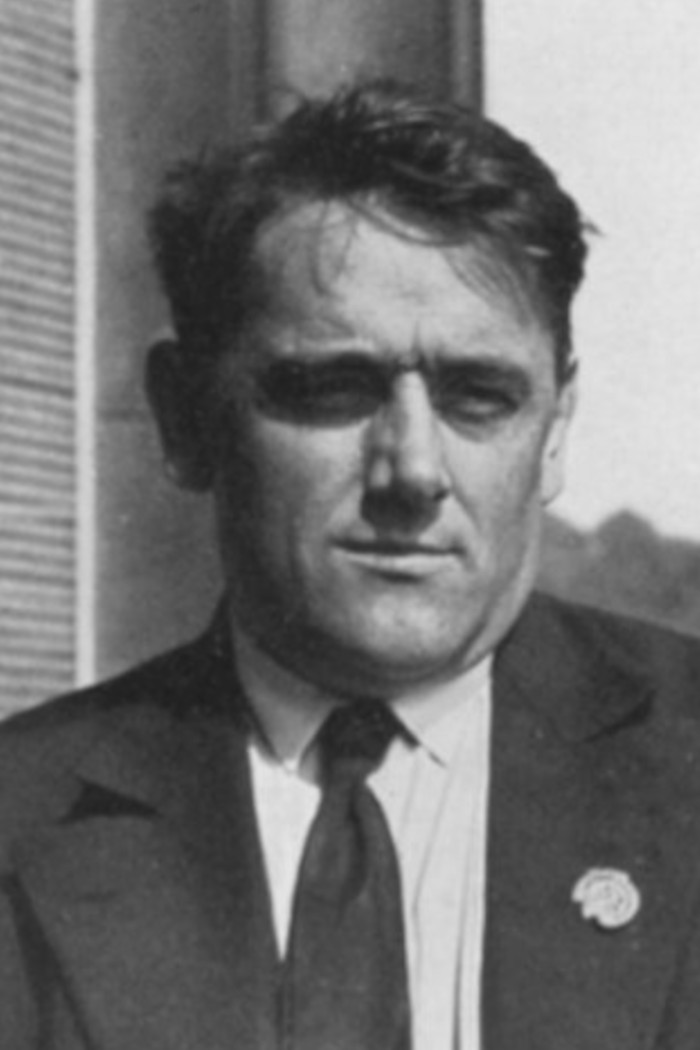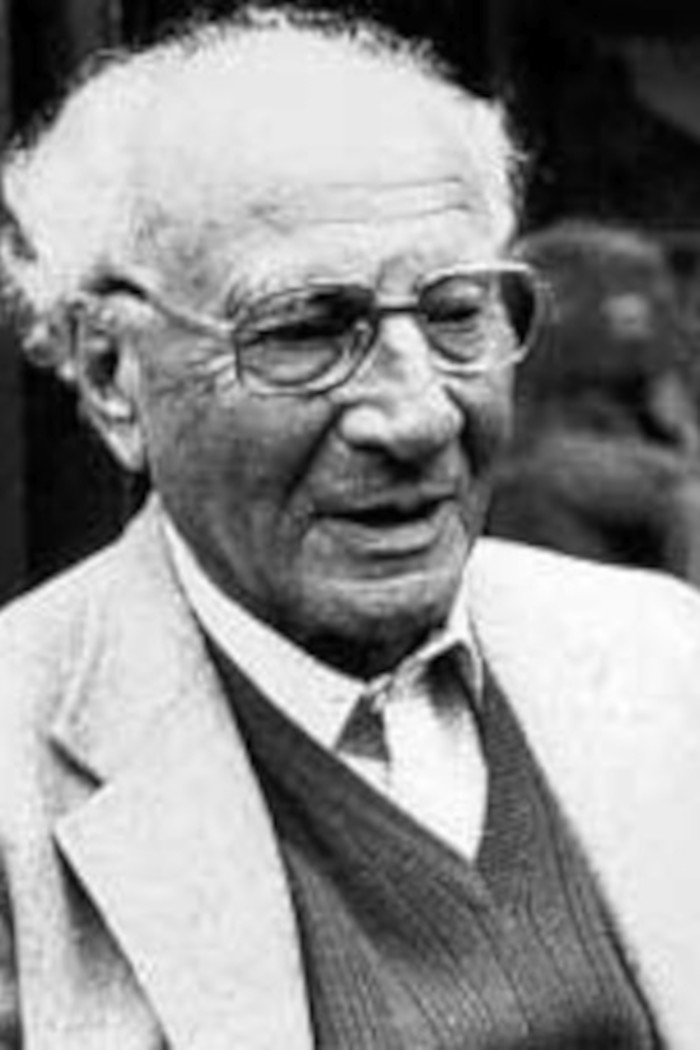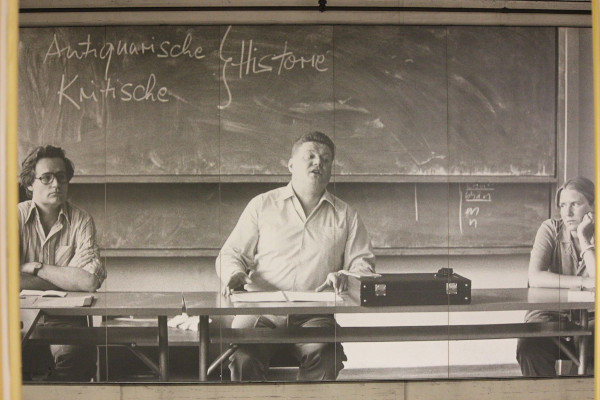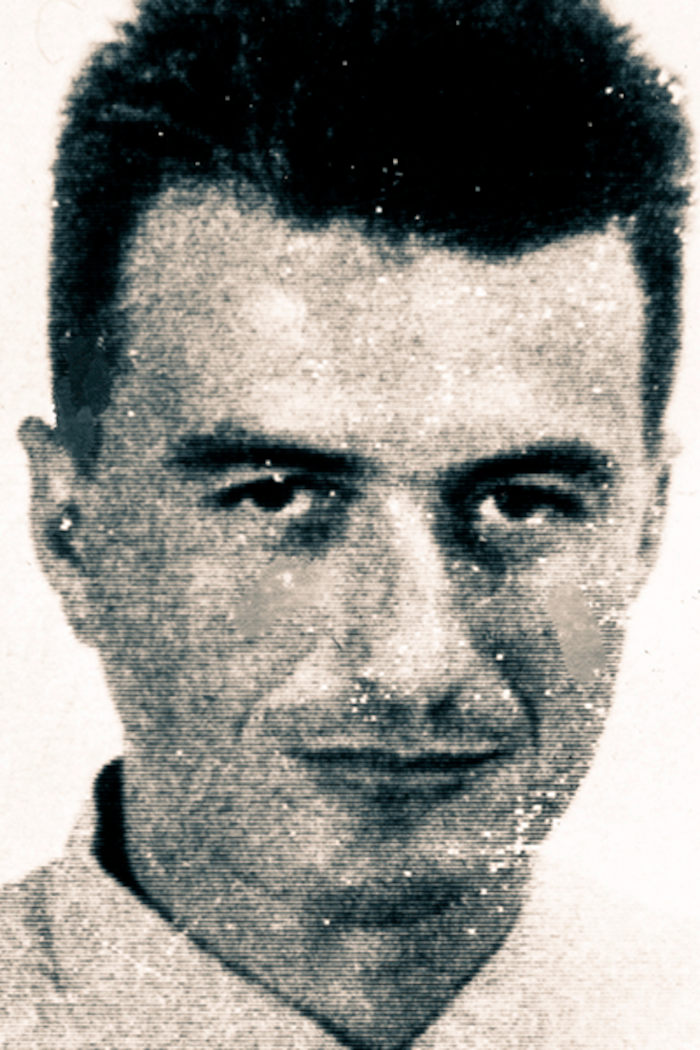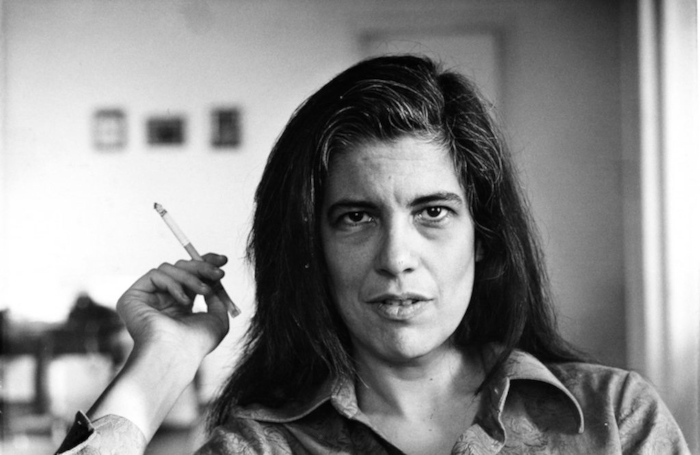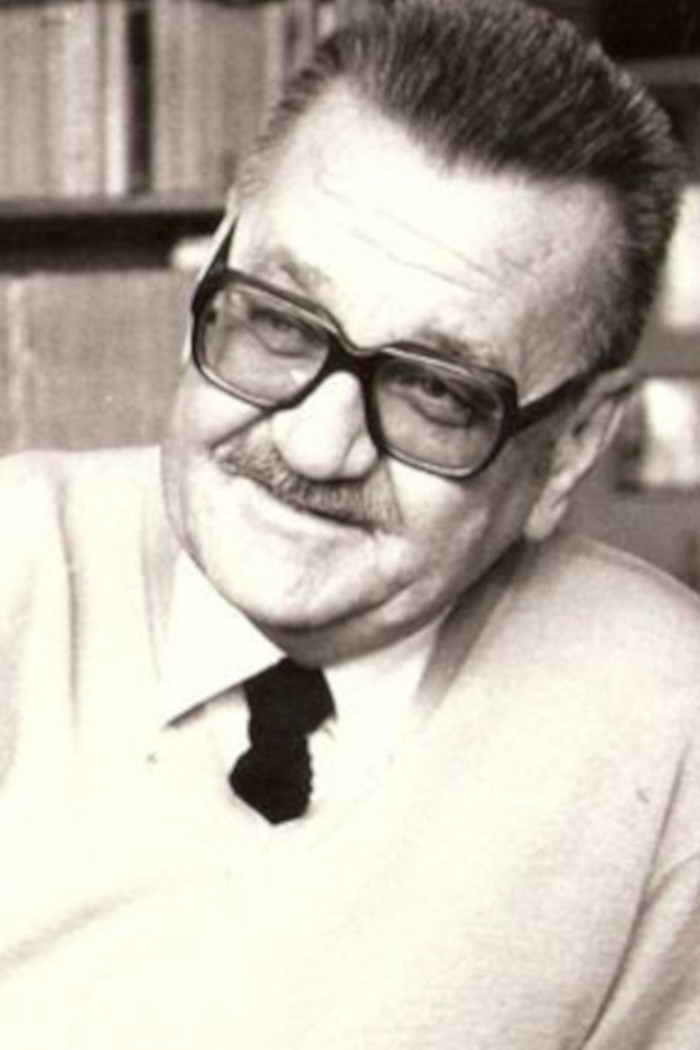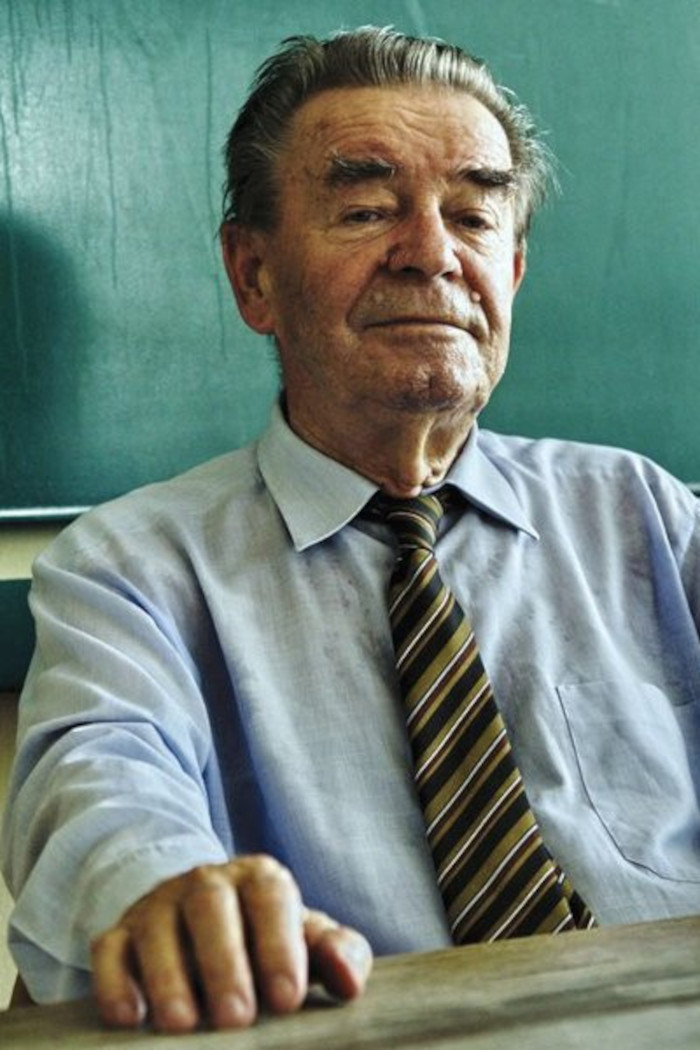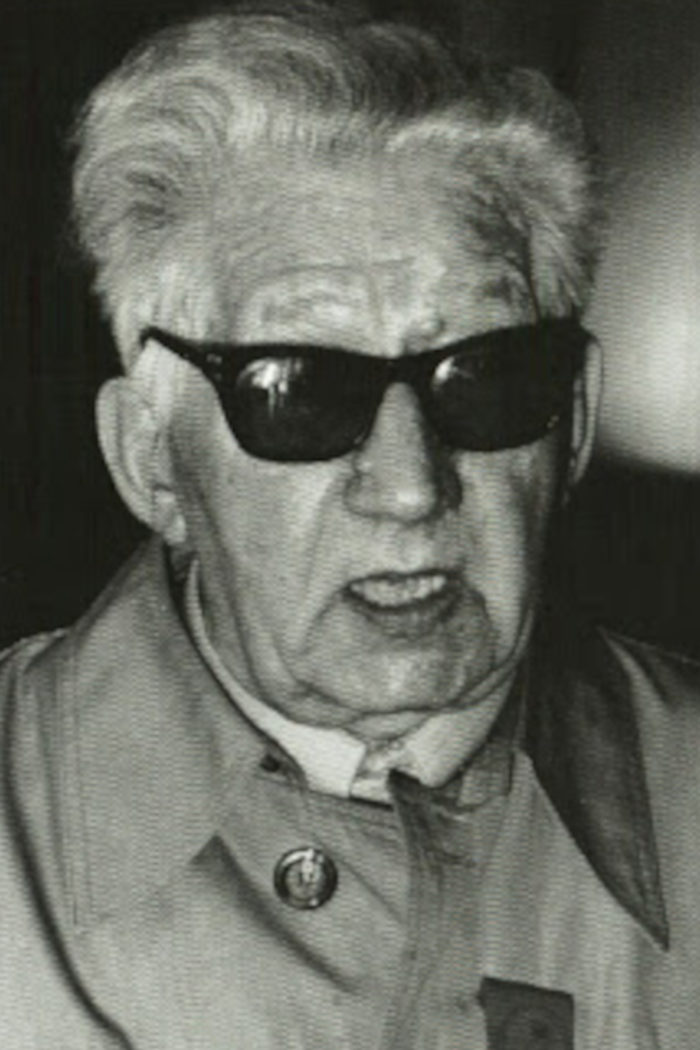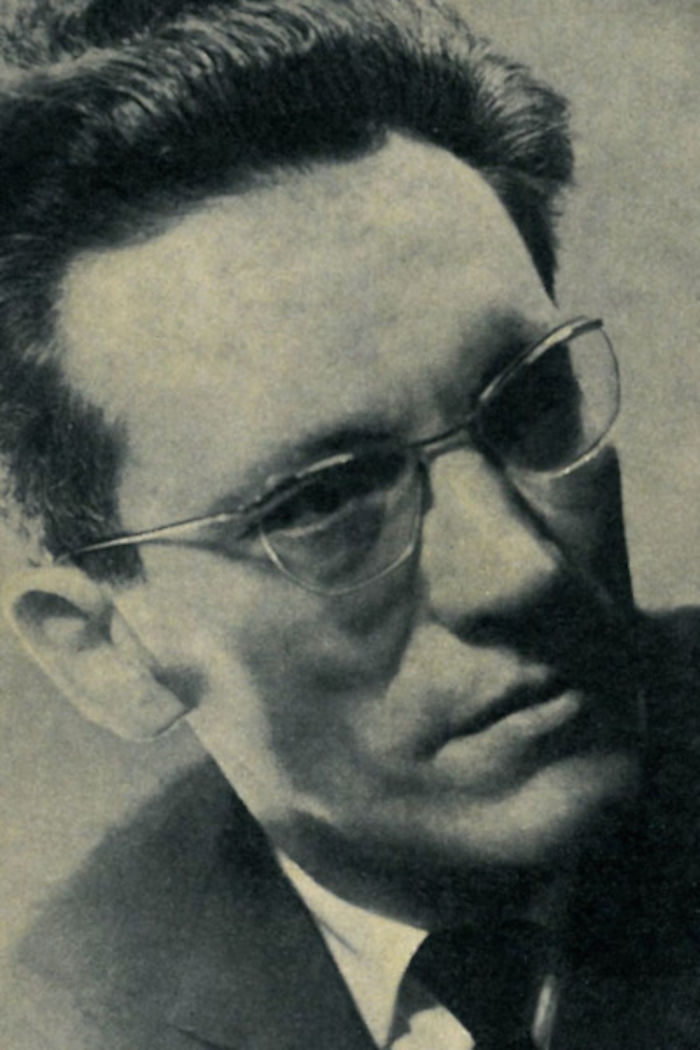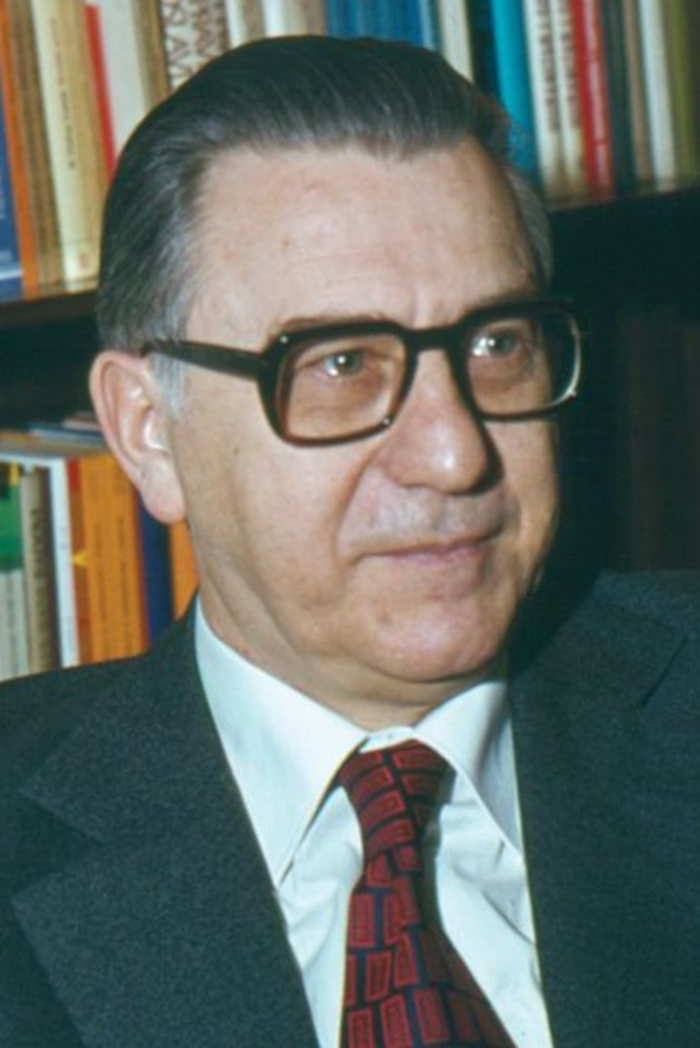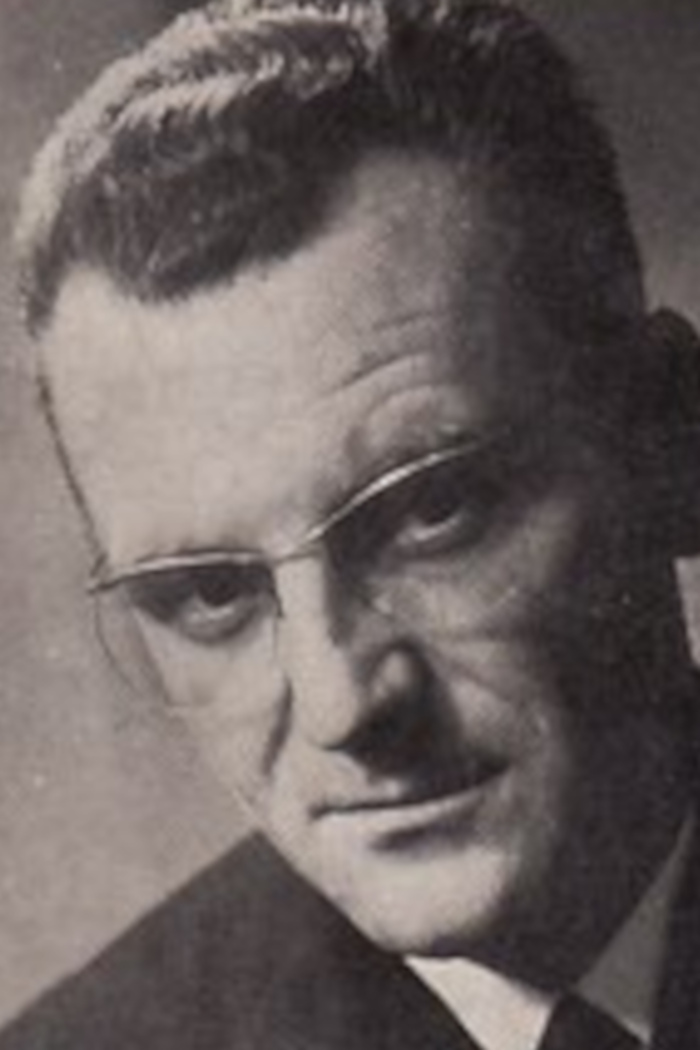
Photograph taken in Heidelberg, April 1964 at the Max Weber-Soziologentag. Horkheimer is front left, Adorno front right, and Habermas is in the background, right, running his hand through his hair. Siegfried Landshut is in the background left.
Frankfurt School
Study of the Frankfurt School and Cultural Marxist philosophy which now controls Western intellectualism, politics, and culture. It was by design; it was created by an internationalist intelligentsia to eradicate Western values, social systems, and European racial groups in a pre-emptive attempt to spark global, communist (think liberal) revolution.
Frankfurt School
In the days following the Bolshevik Revolution in Russia, it was believed that a Workers’ Revolution would sweep into Europe and, eventually, into the United States. It failed to do so. Towards the end of 1922, the Communist International (Comintern) began to consider the reasons for this failure. On Lenin’s initiative, a meeting was organised at the Marx-Engels Institute in Moscow. The aim of the meeting was to throw light on the meaning of Marx’s Cultural Revolution. What did “cultural revolution” entail? What was it all about?
“I want a culture of pessimism … a world abandoned by God”
First, among those present, was Georg Lukács, a Jewish Hungarian aristocrat and son of a banker. He had become a Communist during World War I. A Marxist theoretician, he had developed the idea of “Revolution and Eros” — sexual instinct used as an instrument of destruction. Willi Münzenberg, another revolutionary Jew whose proposed solution to the problems besetting society was “to organise the intellectuals and use them to make Western civilisation stink. Only then, after they have corrupted all its values and made life impossible, can we impose the dictatorship of the proletariat.”.
“It was a meeting more harmful to Western civilisation than the Bolshevik Revolution itself.”.
Lenin died in 1924, but by that time Stalin had risen to power and was beginning to look on Willi Munzenberg, George Lukács and other Jewish revolutionaries (like Trotsky) as dangerous Marxist “revisionists”, introducing concepts into Marxism that were alien to Marxism and which served only a Jewish agenda. In June 1940, on Stalin’s orders, Münzenberg was hunted down to the south of France by a NKVD assassination squad and hanged from a tree. In the summer of 1924, after being attacked for his writings by the Fifth Comintern Congress, Lukács moved to Germany. Here he chaired the first meeting of a group of Communist oriented sociologists. This gathering was to lead to the foundation of the Frankfurt School.
This “School”, designed to put flesh on their revolutionary program, was started at the University of Frankfurt in the Institut für Sozialforschung. To begin with, school and institute were indistinguishable. In 1923, the Institute had been officially established, and funded by Felix Weil (1898-1975). Weil, born in Argentina into a wealthy Jewish family, was sent to attend school in Germany at the age of nine. He attended the universities in Tübingen and Frankfurt, where he graduated with a doctoral degree in political science. While at these universities he became increasingly interested in socialism and Marxism.
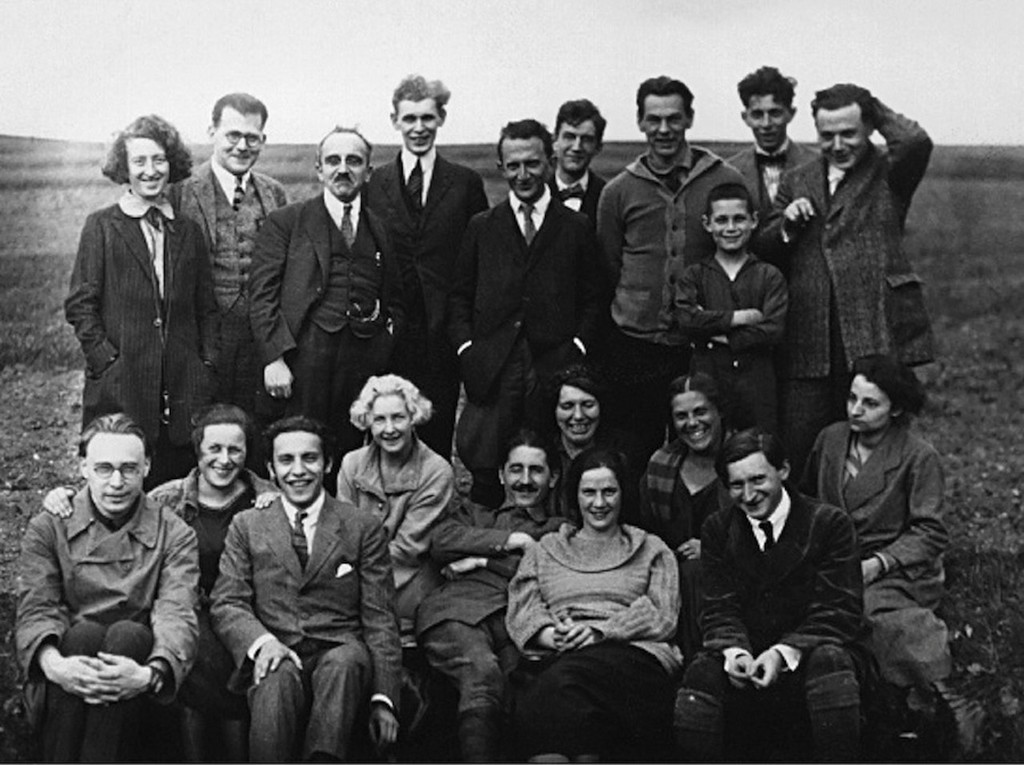
Carl Grünberg, the Institute’s Jewish director from 1923-1929, was an avowed Marxist, although the Institute did not have any official party affiliations. But in 1930 Max Horkheimer (also Jewish) assumed control. He believed that Marx’s theory should be the basis of the Institute’s research. Critical Theory was a precursor to Cultural Nihilism and Critical Race Theory (otherwise know as White Privilege) and later Critical Religious Theory.
Members of the Frankfurt School
When Hitler came to power, the Institute was closed and its members, by various routes, fled to the United States and ended up as academics at major US universities: Columbia, Princeton, Brandeis, and California at Berkeley.
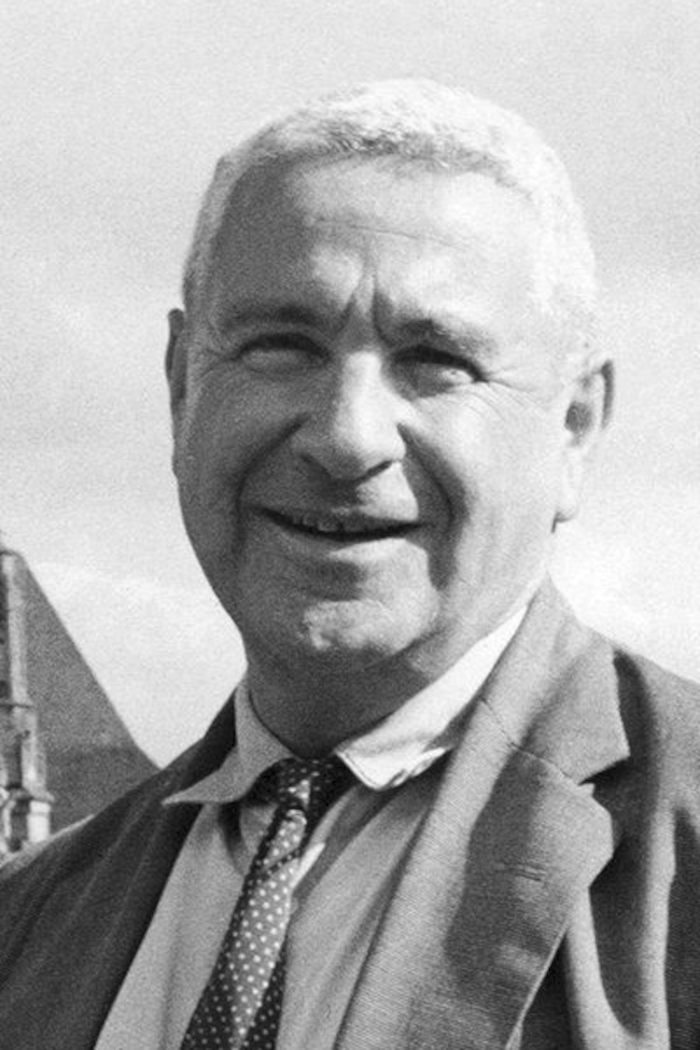
Otto Kirchheimer
Worked as a research analyst at the Office of Strategic Services (OSS), the forerunner of the CIA, starting in World War II and continuing to 1952. Lecturer at Columbia University. Known for studies on Weimar Republic.
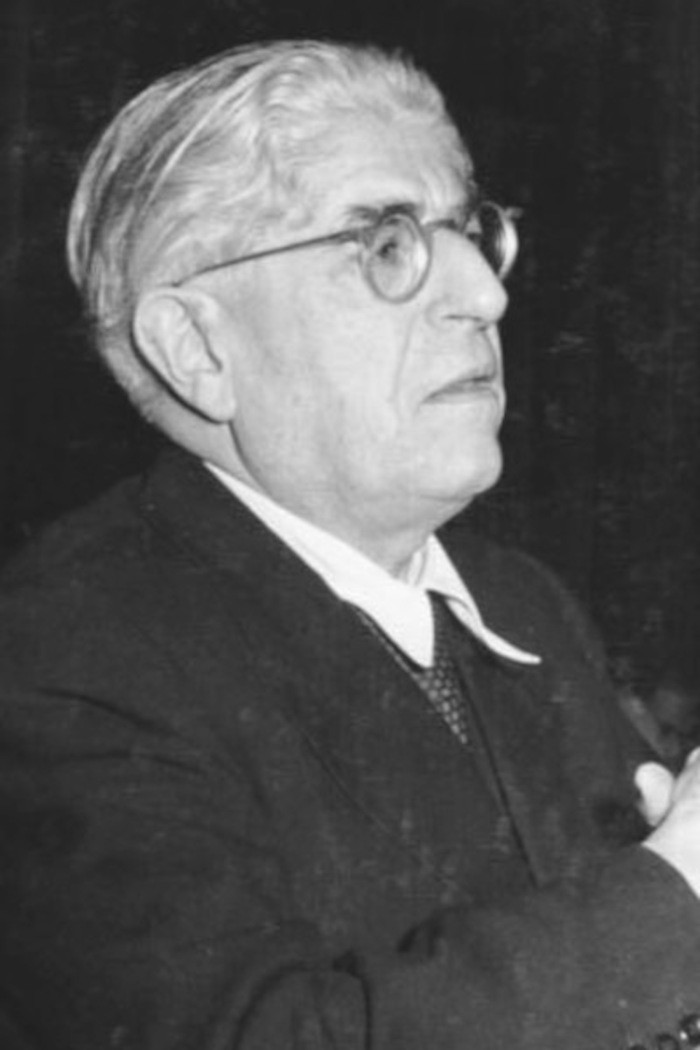
Ernst Bloch
Non-availability, Utopian impulses, cultural expression; dialogue between Christians and Marxists. Liberation theology. Bloch believed that socialism would prove the means for all human beings to become immortal and eventually create God.
The School included among its members the 1960s guru of the New Left Herbert Marcuse — denounced by Pope Paul VI for his theory of liberation which “opens the way for [sexual] licence cloaked as liberty” — Max Horkheimer, Theodor Adorno, the popular writer Erich Fromm, Leo Lowenthal, and Jurgen Habermas. All these individuals except Habermas were of Jewish origin. the Frankfurt School believed that as long as an individual had the belief — or even the hope of belief — that his divine gift of reason could solve the problems facing society, then that society would never reach the state of hopelessness and alienation that they considered necessary to provoke a socialist revolution.
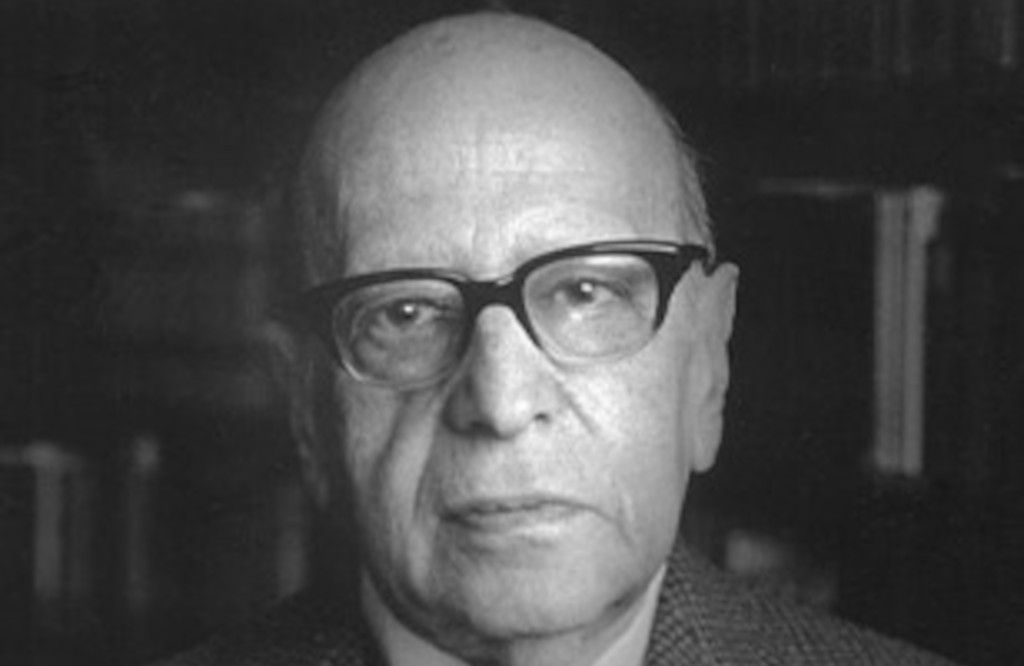
“The Revolution won’t happen with guns, rather it will happen incrementally, year by year, generation by generation. We will gradually infiltrate their educational institutions and their political offices, transforming them slowly into Marxist entities as we move towards universal egalitarianism”.
To undermine Western civilisation, the Frankfurt School Jews called for the most negative and destructive criticism possible of every sphere of life. To de-stabilise society and bring it to its knees, to engineer collapse, to produce crisis and catastrophe — this became the aim of these maladjusted and mentally sick Jewish revolutionaries masquerading as high-powered intellectuals. Their policies, they hoped, would spread like a virus — “continuing the work of the Western Marxists by other means”, as one of their members noted.
[after learning of his] “classroom antics, I have come to wonder – along with many another veteran of World War II – if Hitler wasn’t right after all.”.
One of the main ideas of the Frankfurt School was to exploit Freud’s idea of “pansexualism”: the search for indiscriminate sexual pleasure, the promotion of “unisex”, the blurring of distinctions between the sexes, the overthrowing of traditional relationships between men and women, and, finally, the undermining of heterosexuality at the expense of homosexuality — as, for example, in the idea of “same-sex marriage” and the adoption of children by homosexual couples. According to Sean McMeekin’s The Red Millionaire: A political biography of Willi Münzenberg, Münzenberg was “the perpetrator of some of the most colossal lies of the modern age…. He helped unleash a plague of moral blindness upon the world from which we have still not recovered.”.
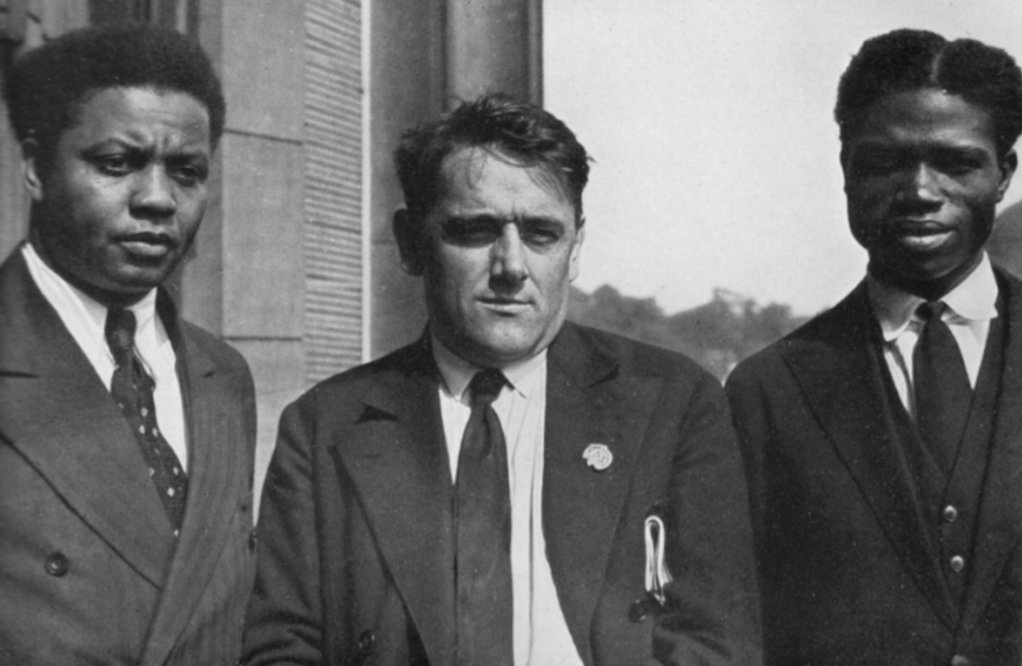
“We must organise the intellectuals and use them to make Western civilisation stink”.
The Frankfurt School believed there were two types of revolution: (a) Political revolution and (b) Cultural revolution. They were more concerned with cultural revolution, the demolition of the established order from within. “Modern forms of subjection are marked by mildness”, they taught. So-called “reforms” were to be made so slowly and subtly that these changes for the worse were barely perceptible. The School saw the undermining of the social order as a long-term project. The School’s Critical Theory preached that the “authoritarian personality” was a product of the patriarchal family — an idea directly linked to Engels’ Origins of the Family, Private Property and the State, which promoted matriarchy.
To further the advance of their ‘quiet’ cultural revolution – but giving us no ideas about their plans for the future – the School recommended (among other things):
- The creation of racism offences.
- Continual change to create confusion.
- The teaching of sex and homosexuality to children.
- The undermining of schools’ and teachers’ authority.
- Huge immigration to destroy identity.
- The promotion of excessive drinking.
- Emptying of churches.
- An unreliable legal system with bias against victims of crime.
- Dependency on the state or state benefits.
- Control and dumbing down of media.
- Encouraging the breakdown of the family.
One of the main ideas of the Frankfurt School was to exploit Freud’s idea of ‘pansexualism’ – the search for pleasure, the exploitation of the differences between the sexes, the overthrowing of traditional relationships between men and women. To further their aims they would:
- attack the authority of the father, deny the specific roles of father and mother, and wrest away from families their rights as primary educators of their children.
- abolish differences in the education of boys and girls.
- abolish all forms of male dominance – hence the presence of women in the armed forces.
- declare women to be an ‘oppressed class’ and men as ‘oppressors’.
Already Karl Marx had written, in the Communist Manifesto (1848), about the radical notion of a “community of women”. In The German Ideology (1845), he had written disparagingly about the idea of the family as the basic unit of society. This was one of the basic tenets of the Critical Theory: the need to break down the family unit. The Institute scholars therefore preached that “Even a partial breakdown of parental authority in the family might tend to increase the readiness of a coming generation to accept social change.”. All this prepared the way for the warfare against the masculine gender promoted by Marcuse under the guise of “Women’s liberation” and by the New Left movement in the 1960s.
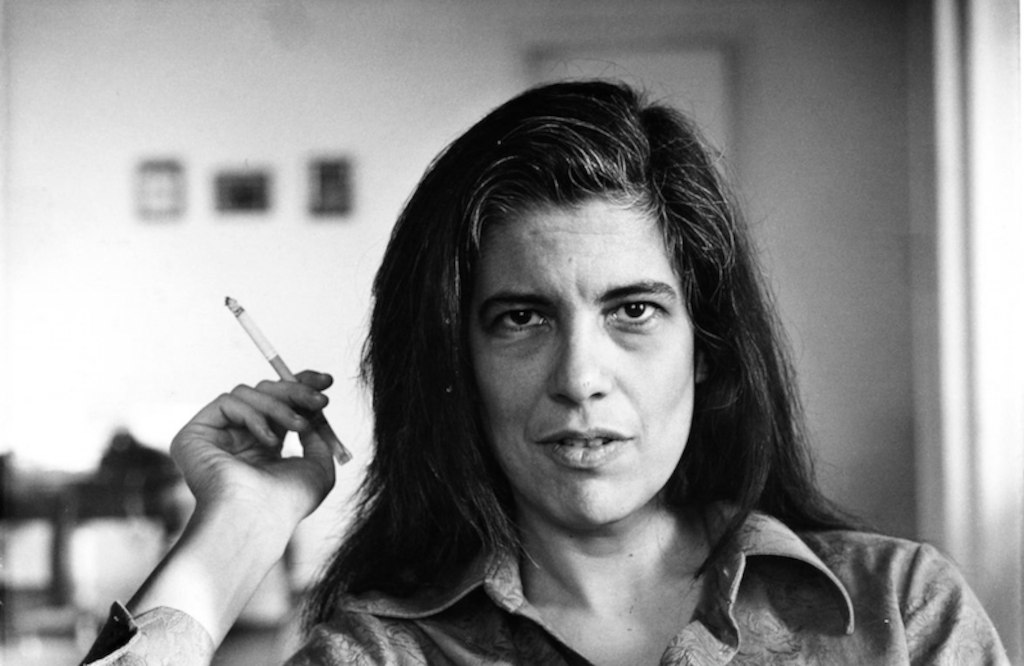
“The white race is the cancer of human history”.
They proposed transforming our culture into a female-dominated one. In 1933, Wilhelm Reich, an honored and adulated member of the Frankfurt School, wrote in The Mass Psychology of Fascism that matriarchy was the only genuine family type of “natural society.” He was, as such, to be an inspiration to the feminists. This versatile sexual deviant, now a cult figure on the left, along with the equally sex-obsessed Herbert Marcuse—populariser of the slogan MAKE LOVE, NOT WAR—were to be godfathers of the Sexual Revolution of the 1960s as well as the patron saints of the Feminist movement.
Bertrand Russell was to join the Frankfurt School in their efforts at mass social engineering. He spilled the beans in his 1951 book,The Impact of Science on Society. He wrote:
The social psychologists of the future will have a number of classes of school children on whom they will try different methods of producing an unshakable conviction that snow is black. Various results will soon be arrived at. First, that the influence of home is obstructive. Second, that not much can be done unless indoctrination begins before the age of ten. Third, that verses set to music and repeatedly intoned are very effective. Fourth, that the opinion that snow is white must be held to show a morbid taste for eccentricity. But I anticipate. It is for future scientists to make these maxims precise and discover exactly how much it costs per head to make children believe that snow is black, and how much less it would cost to make them believe it is dark gray. When the technique has been perfected, every government that has been in charge of education for a generation will be able to control its subjects securely without the need of armies or policemen.
Adorno was to become head of a ‘music studies’ unit, where in his Theory of Modern Music he promoted the prospect of unleashing atonal and other popular music as a weapon to destroy society, degenerate forms of music to promote mental illness. He said the US could be brought to its knees by the use of radio and television to promote a culture of pessimism and despair – by the late 1930s he (together with Horkheimer) had migrated to Hollywood.
"I'd rather be hated for who I am, than loved for who I am not.”. "A friend is nothing but a known enemy.”.
In his book The Closing of the American Mind, Alan Bloom observed how Marcuse appealed to university students in the sixties with a combination of Marx and Freud. In Eros and Civilization and One Dimensional Man Marcuse promised that the overcoming of capitalism and its false consciousness will result in a society where the greatest satisfactions are sexual. Rock music touches the same chord in the young. Free sexual expression, anarchism, mining of the irrational unconscious and giving it free rein are what they have in common.’.
In 1953 the Institute moved back to the University of Frankfurt. Adorno died in 1955 and Horkheimer in 1973. The Institute of Social Research continued, but what was known as the Frankfurt School did not. The ‘cultural Marxism’ that has since taken hold of our schools and universities – that ‘political correctness’, which has been destroying our family bonds, our religious tradition and our entire culture sprang from the Frankfurt School. It was these intellectuals who promoted the dialectic of ‘negative’ criticism; it was these theoreticians who dreamed of a utopia where their rules governed. It was their concept that led to the current fad for the rewriting of history, and to the vogue for ‘deconstruction’.
Their mantras:
"sexual differences are a contract; if it feels good, do it; do your own thing.”.
In an address at the US Naval Academy in August 1999, Dr Gerald L. Atkinson, CDR USN (Ret), gave a background briefing on the Frankfurt School, reminding his audience that it was the ‘foot soldiers’ of the Frankfurt School who introduced the ‘sensitivity training’ techniques used in public schools over the past 30 years (and now employed by the US military to educate the troops about ‘sexual harassment’). During ‘sensitivity’ training teachers were told not to teach but to ‘facilitate.’ Classrooms became centres of self-examination where children talked about their own subjective feelings. This technique was designed to convince children they were the sole authority in their own lives.
Atkinson continued: ‘The Authoritarian personality,’ studied by the Frankfurt School in the 1940s and 1950s in America, prepared the way for the subsequent warfare against the masculine gender promoted by Herbert Marcuse and his band of social revolutionaries under the guise of ‘women’s liberation’ and the New Left movement in the 1960s. The evidence that psychological techniques for changing personality is intended to mean emasculation of the American male is provided by Abraham Maslow, founder of Third Force Humanist Psychology and a promoter of the psychotherapeutic classroom, who wrote that, ‘… the next step in personal evolution is a transcendence of both masculinity and femininity to general humanness.’
On April 17th, 1962, Maslow gave a lecture to a group of nuns at Sacred Heart, a Catholic women’s college in Massachusetts. He noted in a diary entry how the talk had been very ‘successful,’ but he found that very fact troubling. ‘They shouldn’t applaud me,’ he wrote, ‘they should attack. If they were fully aware of what I was doing, they would [attack]’ (Journals, p. 157).
If we allow their subversion of values and interests to continue, we will, in future generations, lose all that our ancestors suffered and died for. We are forewarned, says Atkinson. A reading of history (it is all in mainstream historical accounts) tells us that we are about to lose the most precious thing we have—our individual freedoms. Unlike hard-line Marxists, the Frankfurt School do not make any plans for the future. (But) the Frankfurt School seems to be more far-sighted that our classical liberals and secularists. At least they see the moral deviations they promote will in the end make social life impossible or intolerable. But this leaves a big question mark over what a future conducted by them would be like.
Works by members of the Frankfurt School include but are not limited to:
- Traditional and Critical Theory, Max Horkheimer
- Dialectic of Enlightenment, Max Horkheimer and Theodor W. Adorno (download: PDF)
- Critique of Instrumental Reason, Max Horkheimer
- The Authoritarian Personality, Theodor W. Adorno
- Aesthetic Theory, Theodor W. Adorno
- Culture Industry Reconsidered, Theodor W. Adorno
- One-Dimensional Man, Herbert Marcuse (download: PDF)
- The Aesthetic Dimension: Toward a Critique of Marxist Aesthetics, Herbert Marcuse
- The Work of Art in the Age of Mechanical Reproduction, Walter Benjamin
- Structural Transformation and the Public Sphere, Jürgen Habermas
- Towards a Rational Society, Jürgen Habermas
Further reading:






